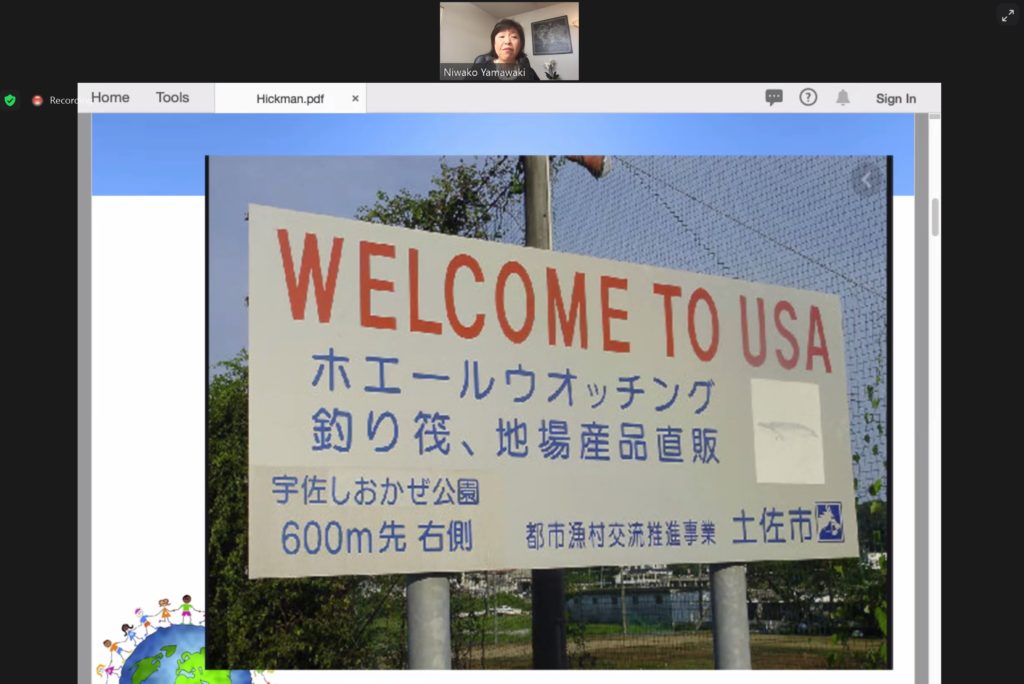BYU psychology professor Niwako Yamawaki shared hers and others’ experiences as immigrants and minorities at the annual Hickman Diversity and Inclusion Lecture on Feb. 19.
Yamawaki spoke as this year’s recipient of the Hickman Diversity, Collaboration and Inclusion Award. In addition to sharing experiences, she called the audience to be Christian and compassionate.

Yamawaki said she left behind a comfortable job and lost her relationship with her father for a time after she decided to emigrate from her Japanese fishing village to the United States. She had heard a strong voice telling her she needed to go.
“It was a very difficult decision for me,” she said. “At the time, I did not know why I had left a comfortable home to come to harsh, emotionally challenging circumstances.”
She said those circumstances included struggling to believe she could blend in with her accent and unusual name and not making friends because she was afraid of making mistakes when she tried to speak English.
Yamawaki attempted to separate herself completely from Japanese culture and later from American culture. “Cultural homelessness made me feel more and more isolated, very alone,” she said.
In addition to internal challenges, Yamawaki also faced external challenges and discrimination. She shared the story of a fellow student she knew in college who found out she had been accepted by many graduate schools.
He told her she had only been accepted because she was an Asian woman, but Yamawaki said she had earned her bachelor’s degree in two and a half years with a perfect 4.0 GPA.
Even recently, she said students complain that they cannot understand her tests because she is not a native speaker, even though she takes questions from a test bank and has her native-speaking colleagues review them.
Yamawaki’s research assistants have also faced discrimination. One was reported to the Honor Code Office for chatting with male peers after he had come out as gay, she said. Another, an involuntary immigrant (or refugee), had two male students approach her in the Cannon Center. They called her a racial slur and told her “go back to your own country.”
“When I heard so many stories from my (research assistants), I cried,” Yamawaki said.
Sometimes native-born citizens view immigrants as taking away their jobs and introducing unwanted cultural practices, Yamawaki said, but she believes immigrants bring welcome and healthy diversity to American society.
Around 24% of the nation’s science and engineering professionals and 47% of its scientists with doctorate degrees are foreign-born, she said. There are also many immigrant students on campus — “more than you might think.”
“Immigrants are treasures to our country, and always have been,” she said.
To those who are native-born and want to help smooth the assimilation process for immigrants, she said a helpful thing for her as an immigrant was having people show interest in her culture and ask her questions.
She told the audience to be open and Christian. “As Christians, it is crucial to feel others’ pain and act compassionately towards others.”
Yamawaki also said she was grateful for her experiences as an immigrant despite the associated challenges.
“If I had not immigrated to the U.S., I likely would have had a comfortable life without much pain in Japan,” she said. “But my pain as an immigrant and minority has made me who I am today.”




